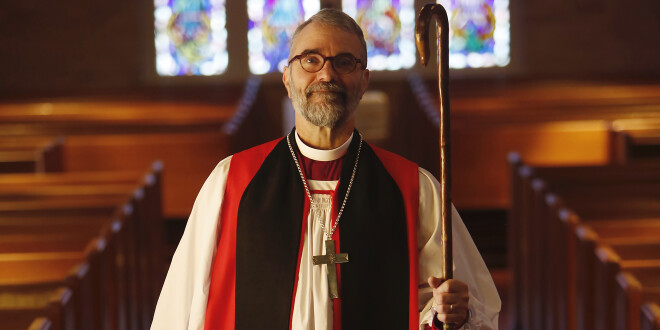Communion Matters XVIII: Communion and Colonialism

I recently read an essay in which the author said that the Anglican Communion is a product of (in particular English) colonialism. Is this true, and in what sense is it so?
Yes, because the Gospel and so, in this case, the Anglican Church arrived in most of the countries where the English arrived. This is simply a fact, and so it does naturally raise the question of the nature of the connection.
No, if one means that the Church was an arm of the colonialists. The history is much more complicated. In the Pacific, the missionaries opposed the traders and the depredations. In India the raj found conversion fostered by the missionaries to be an annoyance, as where the changes to social norms they promoted (which we would now applaud). They made easy governance harder. In east Africa the missionaries didn’t follow the colonialists, but goaded them into action, in opposition to the brutality of the slave trade. In the United States the Episcopal Church was formed once the colonialists were expelled. With respect to native people the record is checkered: advocacy, well-intentioned cultural opposition, and abuse in the residential schools run on behalf of the government. (We do well to remember that in the 19th century cultural assimilation into white cultural was the ‘enlightened’ liberal cause).
Furthermore one must recall that most of the actual evangelizing in the 19th century at the village level was accomplished by local catechists trained by the missionaries. In most cases the Gospel was first explained in a local language and dialect (which process itself led to a new resilience in the local culture, enabling it to survive, as the late Lamin Sanneh in particular taught us).
Yes, in the sense that the missionaries to the younger churches made the same economic assumptions as elsewhere. But this too is not simple- I served in Tanzania, where the government was socialist, and the mission societies served well there.
No, in the sense that the Communion is preponderantly made up of, and led by, Christians indigenous to their own countries. It is made up of local people who were the recipients, in various ways good and ill, of the colonial era. And today so much of the debate within the Communion may be understood as Global South leaders taking the helm of, and speaking up for, their own provinces over against direction from the North.
Finally, yes and no, for many older Christians in Global South Churches express their gratitude for the receipt of the Gospel, along with criticism for the missionaries’ errors. They have a nuanced and mature view. To such maturity of assessment we too are called.
Peace,
+GRS



